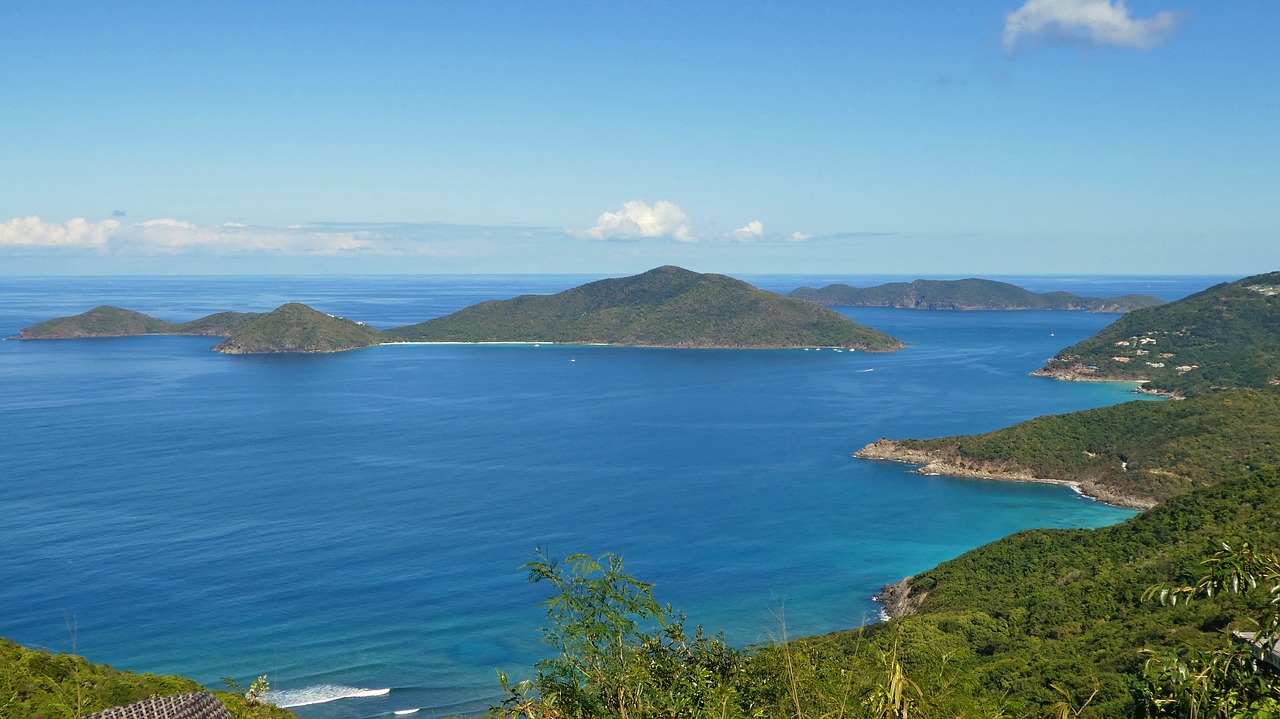Large amounts of money have been spent by the British Virgin Island’s Government- without much to show for it. A shocking £5 million were spent on an airline, which never actually existed, and £1 million for a small fence around a school. These are only the most obvious splurges from a wave of corruption that has taken over the Islands. Many more inconsistencies are being investigated, further revealing the abuse of power that has shaken the area.
The story was exposed by the Governor of the BVI during his final days in power, who decided to take to Facebook to post a video accusing the government of ‘overseeing’ corruption, silencing anyone who called them out on the misuse of funds, and interfering in the criminal justice system. The video was an emotional one; talking of a tragedy that has deprived the people in the area of resources and justice. Currently, it is uncertain the extent of the corruption, as a recent incident in which a police officer was caught with £180 million worth of cocaine in his home raises questions over organised crime in the region, which gives the scandal another tragic dimension.
What will the inquiry into the corruption uncover? And what will it mean for the future of the BVI? The territories have been teetering on the edge of a conditional crisis, and if tipped over by this incident, they could be pushed to cut ties with the British Crown.
The scandal has triggered fears in the region that the UK Government will intervene and take control. The fears are reinforced by the events that followed a commission of inquiry that occurred in 2009 which found widespread corruption in the Turks and Caicos. The UK reacted by suspending the constitution and taking day-by-day control.
The events in the Turks and Caicos show how UK overseas territories are extremely vulnerable to the negative actions of individuals due to the lack of control they have over their fate. The potential for the UK to step in and take control exists at all times. The victims of this scandal are the citizens of the BVI, who were mistreated by government officials while also being left vulnerable to the decisions of the UK.
The scandal also poses questions about the nature of power and whether it is inherently corrupting. If so, in giving power to our representatives, we create the potential for them to become corrupt, which threatens the democratic process that elected them.
To fight political corruption, countries must build institutions that are effective in curbing the vulnerabilities to corruption. Being transparent and ensuring independent external scrutiny of the government is essential. Alongside that, building an ethical and professional civil service, keeping pace with new technologies that could exploit loopholes, and cooperating with other countries can also prevent corruption from taking hold.
The British Virgin Island’s fall short of many of these corruption-preventing qualities. Tax havens use privacy to entice customers, they are anonymous which leads them to attract shady individuals or those who want to hide illegal acts. Additionally, BVI businesses are ‘Black Boxes’, which means they have no public register of owners and no duty to publish accounts. This is far from transparent therefore no wonder the BVI islands became a breeding group for political corruption.
The lack of cooperation from other countries adds to this. Tensions between Britain and the BVI have been growing due to UK legislation that attempted to limit its activities as a Tax Haven. Also, following the news of the scandal, there have been reports that the EU might blacklist BVI as a tax haven. The hostility does not create a positive environment for combating corruption, making it doubtful that it can be stamped out.
Tragically, the victims here are the people of the islands. They have been betrayed by their government and disadvantaged by the dynamics of international politics. Hopefully, the results of the inquiry will be the start of a more positive future.
Charlotte Hales
Image source: Pixabay

